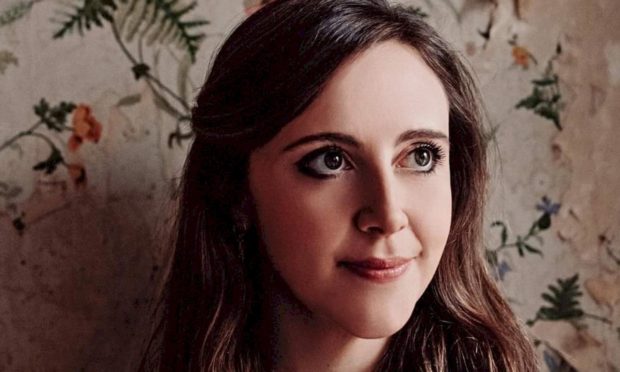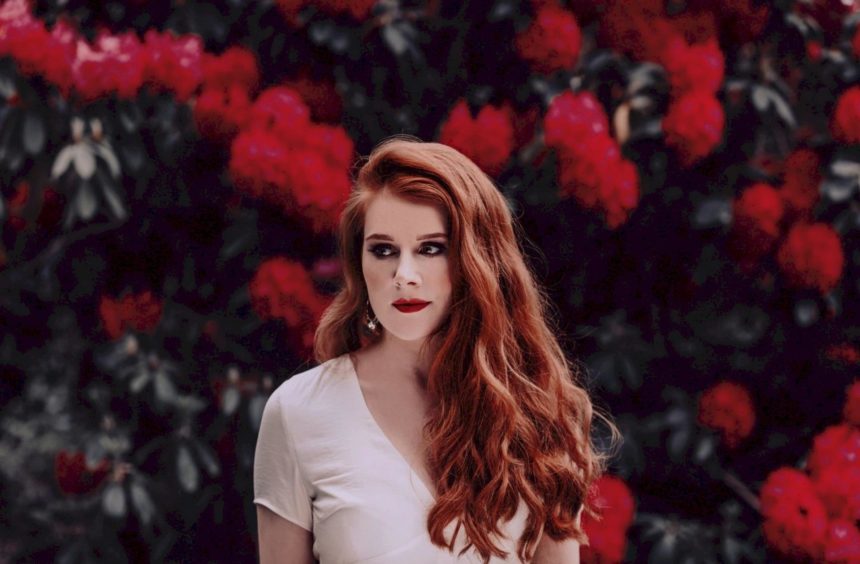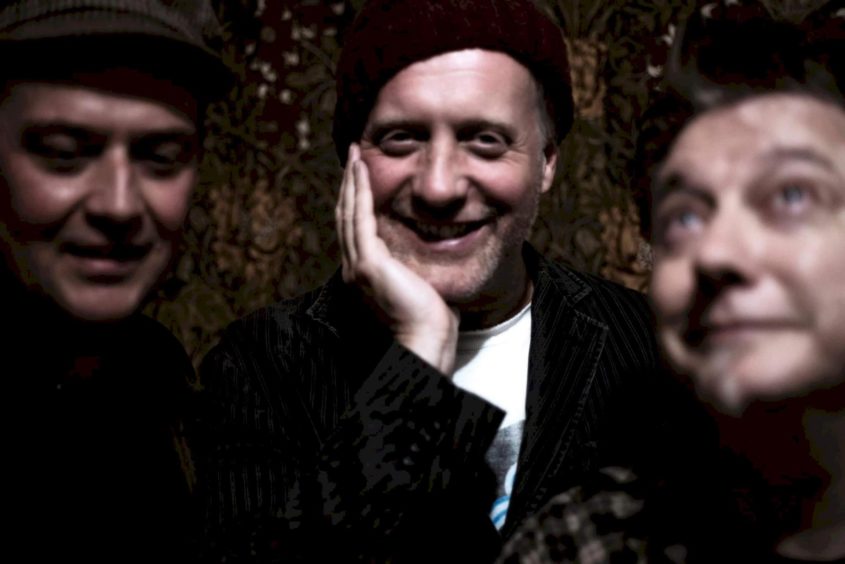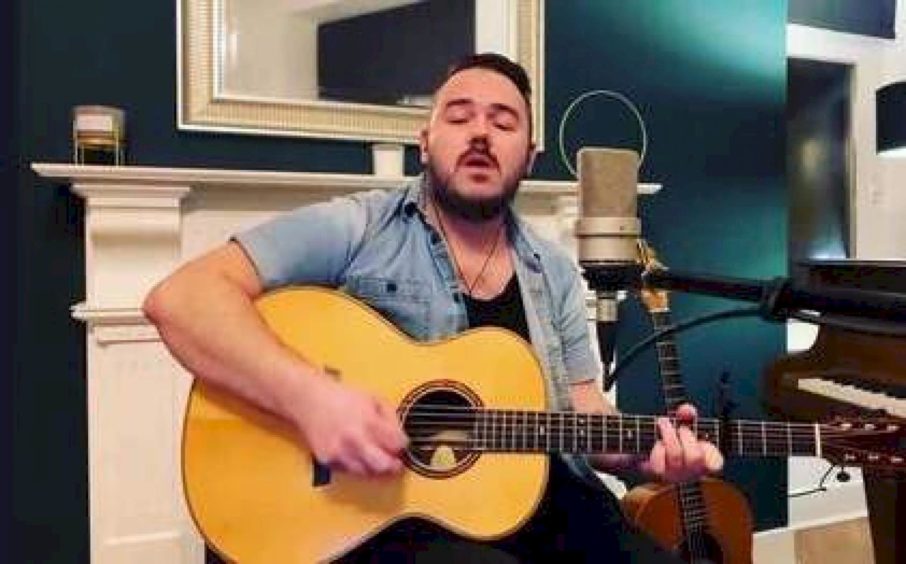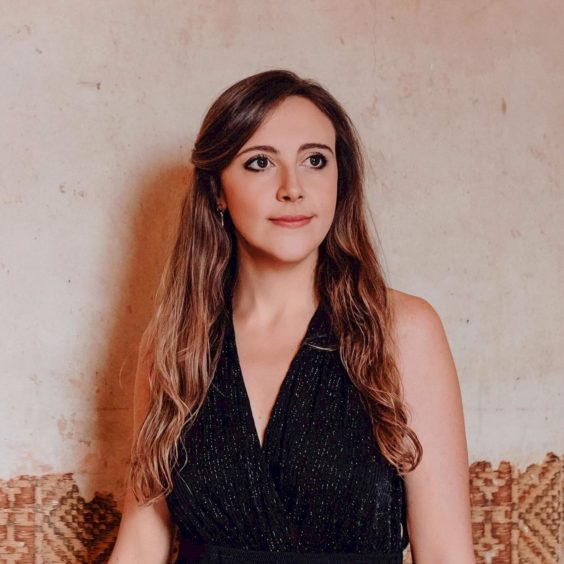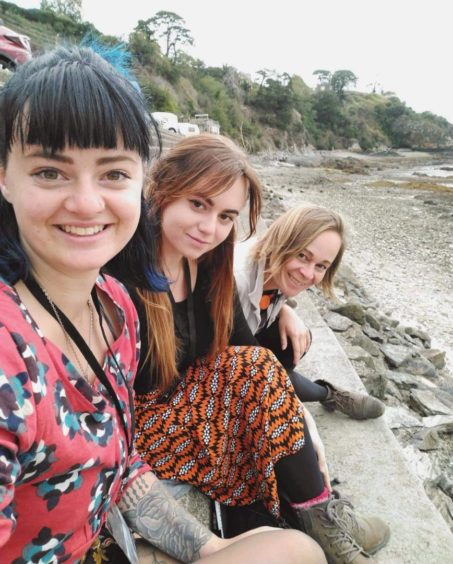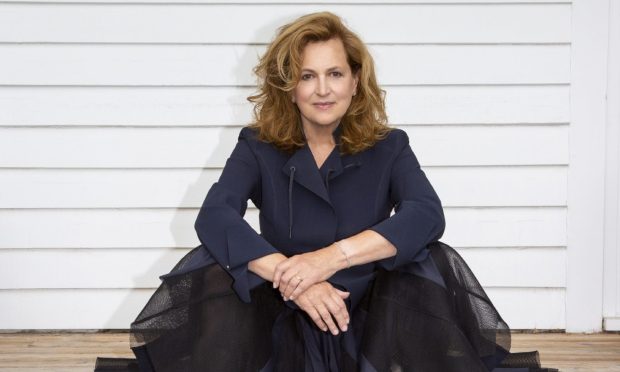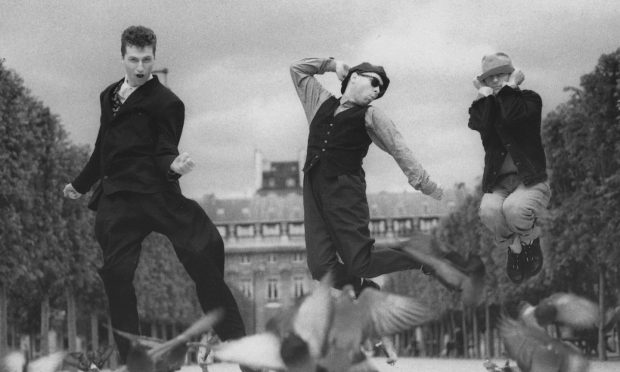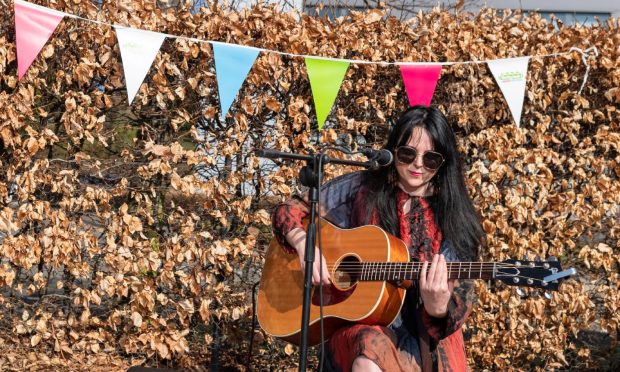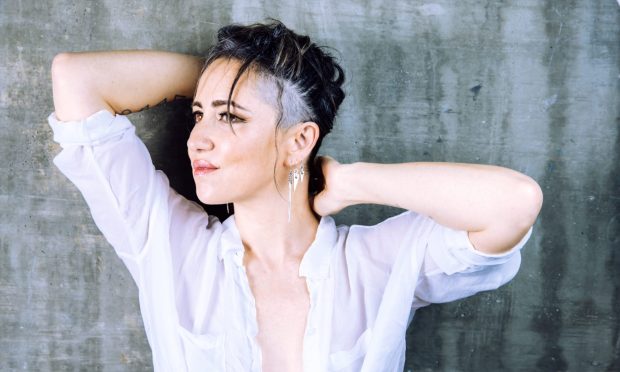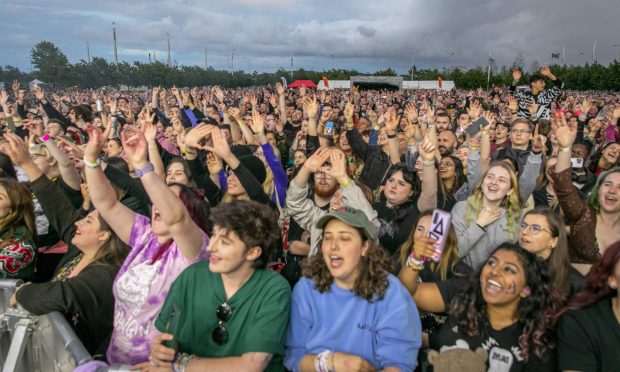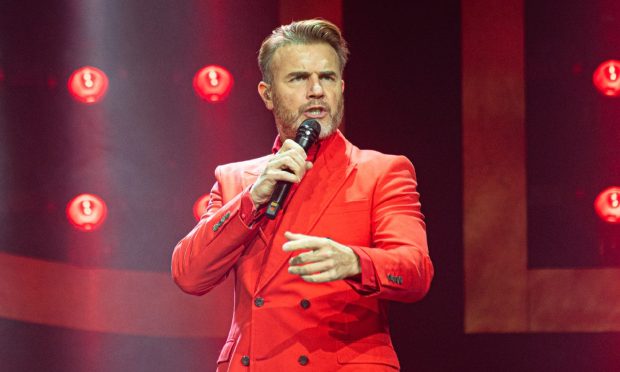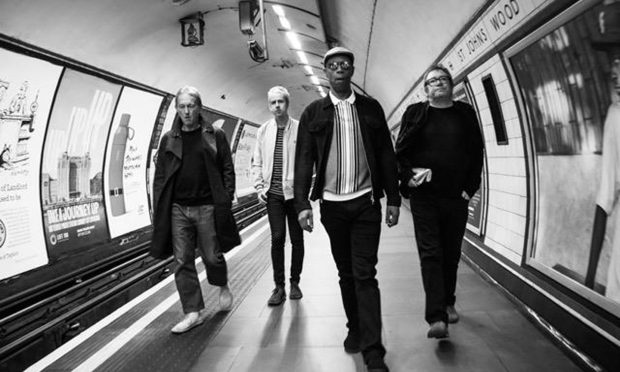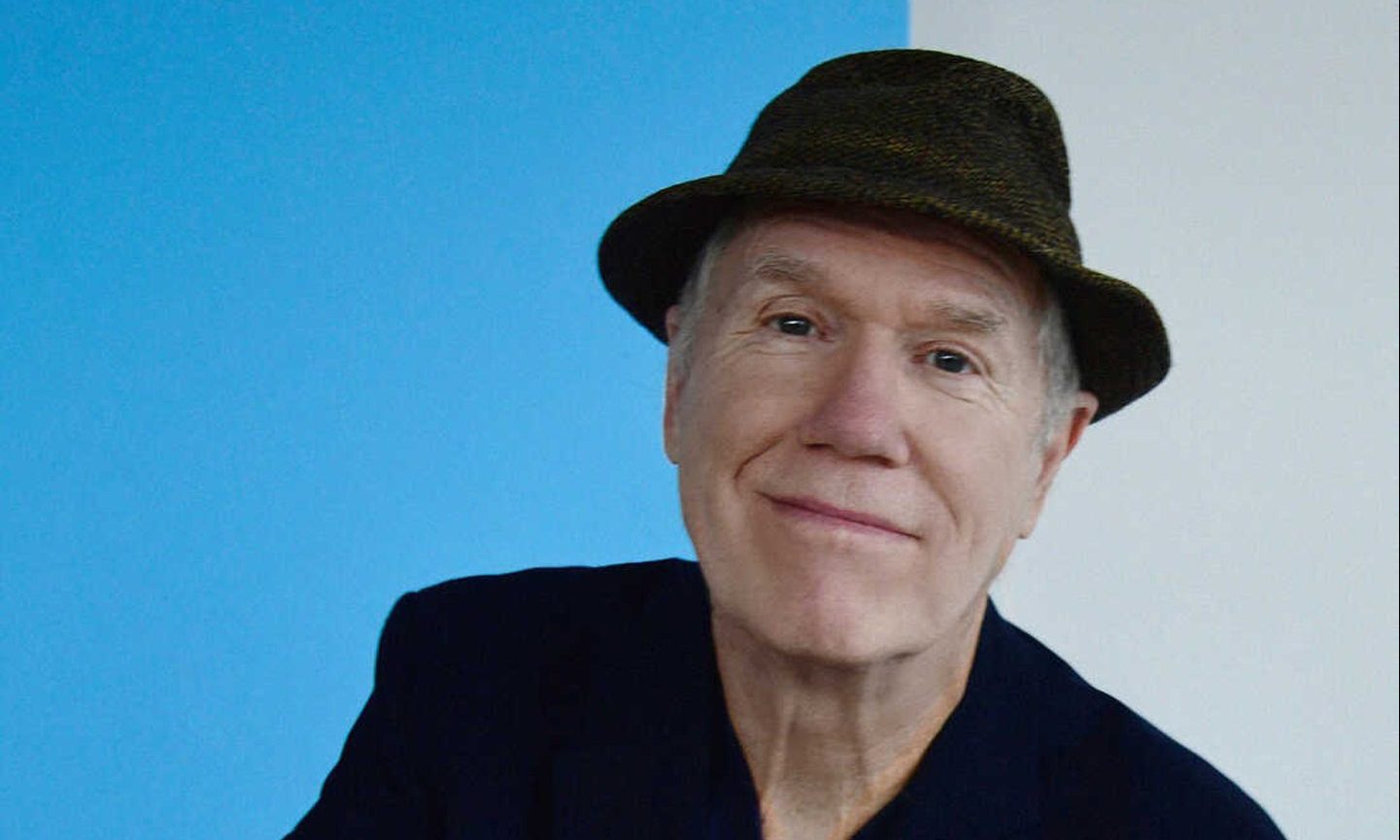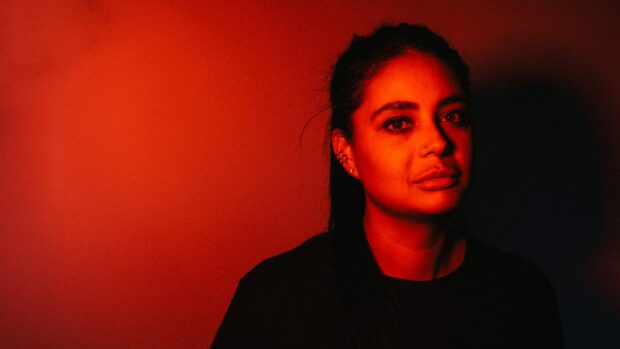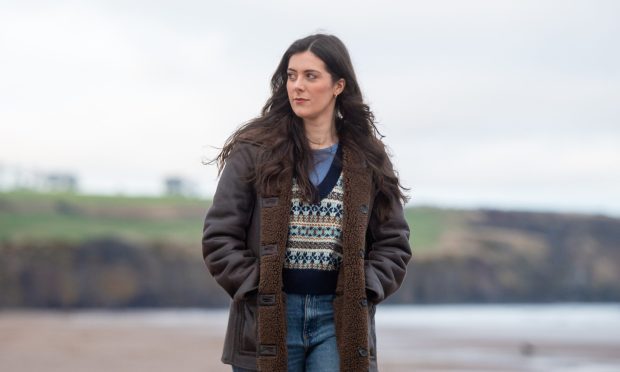It’s probably not unfair to say Scottish traditional music used to have a bit of an image problem.
Once synonymous with pipe bands and kilted Flower Of Scotland songsmiths The Corries, folk has undergone a surprising makeover that has seen it become a platform for some of the nation’s most original musicians to make their mark.
The likes of Karen Matheson-fronted Oban legends Capercaillie and Kingussie-raised piper Martyn Bennett were crucial to the change, in their own different ways.
Finding international mainstream success in the ’90s, the former gave Gaelic music an ethereal quality that contrasted with the rockist approach of their contemporaries Runrig, while the latter’s innovative cocktail of electronic beats, bothy culture and Asian and Scandinavian influences effectively created a whole new musical genre, branded Celtic fusion.
Today’s popular Highland crossover outfits Manran, Breabach and Skerryvore all owe debts to those pioneers, while more orthodox contemporary ensembles Blazin’ Fiddles and Hò-rò can also boast sizeable followings.
Meanwhile, the traditions of both the acoustic troubadour and the soloist continue to flourish, with some of the finest exponents of such intimate artforms lined up to perform at next weekend’s Glenfarg Folk Feast.
The annual extravaganza started four decades ago and had been a permanent fixture on the events calendar right up to last year when it failed to go ahead at its Kinross home of recent years due to pandemic restrictions.
Green Hotel-based Glenfarg Folk Club’s first-ever online festival comprises a short series of concerts that illustrate the breadth of trad talent that’s broken through in Scotland in recent times.
Performances from exquisitely-voiced multiple award-winners Siobhan Miller and Hannah Rarity are among the highlights, with family singers Tripple, socially-aware balladeer Paul McKenna and storytelling multi-instrumentalists Harp and A Monkey also featuring.
Used to spending much of her life on tour, Siobhan admits the past year has had its difficulties, but having welcomed her first son Harry into the world just five months ago, she’s clearly had extra incentive to lie low.
Musical life in lockdown
“For a lot of last year I was pregnant, so I guess I had more time at home than I’ve ever had,” she says.
“I did do a bit of writing, but not as much as I thought that I might have with that time. I found getting into that headspace very difficult with everything that was going on, but I enjoyed going through old song books in a way that I hadn’t done for quite a long time, and listening to old records.
“I’ve gathered quite a lot of material together of older songs that I haven’t sang for a while or I’ve always meant to learn, and there may be a few things in the pipeline from having the time to do that.
“I’m hoping that the wee one enjoys me singing around the house, and as things start to open up again I’ll maybe find a little more inspiration to get writing again.”
The Child Ballads and the Greig-Duncan, 101 Scottish Songs and Scottish Folksinger collections have been the focus of Midlothian-raised Siobhan’s lockdown musical attentions. “Many of these songs are favourites at sessions but ones I maybe haven’t looked at in a long, long time,” she adds.
“I’ve been remembering their importance. One of the big things for me over the last changing time is just how connected I feel to that music and what a huge part those songs played in getting me into folk music.
“I would’ve been taken to somewhere like Glenfarg Folk Feast as a very young kid surrounded by these great old songs. All of that has shaped my musical career.
“I’ve definitely found a new appreciation of those songs and that upbringing around them, and a real desire to go back and get singing them again. You miss being able to do the thing that you love the most.”
Now 33, Siobhan had just released her acclaimed fourth solo album All Is Not Forgotten when gigs stopped last year.
She responded by broadcasting a series of online home sessions with her guitarist husband Euan Burton, and in recent weeks they’ve played a handful of interactive Zoom live shows.
“We’ve been lucky in that people have really supported the music online,” she tells me. “Since last year I’ve felt very grateful for the support that music lovers have shown, not just to me but to musicians I know across the world. It really feels like people have got behind the music community, and because of that I’ve had more website sales than normal.”
Siobhan’s set to lean heavily on talented guitarist Innes White at this weekend’s Glenfarg Feast — not only for his musical skills but also his IT expertise. She first played the event with her former musical partner, fiddler Jeana Leslie, over a decade ago and praises its friendly vibes — something Hannah Rarity missed out on experiencing last year.
A belated online festival debut
However, after starring on BBC Scotland’s Hogmanay show, her belated online festival debut still represents quite a coup.
Hailing from West Lothian and, like Siobhan, a traditional music graduate from Glasgow’s Royal Conservatoire of Scotland, Hannah has been releasing a string of online offerings recorded pre-pandemic, most recently a cover of Davy Steele’s Scotland Yet.
“Putting together my second album under lockdown has posed quite a big challenge, but having seen loads of musicians adapt and find different ways to create and work, that’s encouraged me,” she says.
“The album will consist of more of my own material in terms of writing, and will be based within the folk tradition, and also some covers. I’ve also recently been on a songwriters’ course with Findlay Napier and Boo Hewerdine and I’m hoping to develop a working relationship with them.”
We’ve hired out the NYOS offices in Glasgow and we’ve got a beautiful grand piano
Hannah, 28, is teaming up with her regular pianist John Lowrie next Saturday, and is hoping to create a real sense of occasion. “We’ve hired out the NYOS offices in Glasgow and we’ve got a beautiful grand piano,” she explains.
“John would say he’s a drummer foremost, and he was one of the first students ever on the jazz course at the Conservatoire when it started, but he’s also an exceptionally talented pianist.”
Both Siobhan and Hannah admit they’re still coming to terms with the nuances of distanced performing. “In some ways it’s challenging to get to grips with the tech you need in order to do a gig,” says the latter.
“It’s also quite good though, because myself and other musicians have realised we’ve had to learn skills we might not have forced ourselves to learn previously. So I feel more armed to deal with anything if ever a live gig can’t take place.”
Even without physical togetherness, the festival’s patrons can be reassured they’ll have an opportunity to play a part in its opening concert.
The shared musical experience is what folk is really all about, of course, and even without physical togetherness, the festival’s patrons can be reassured that they’ll have an opportunity to play a part in its opening concert.
Folk audiences tend to cover a wide demographic, and the arrival in recent years of a wave of Conservatoire alumni — alongside the continuing growth of the annual Celtic Connections — has helped bring new, younger listeners to the genre.
“The RCS course plays a huge part in drawing musicians together, and then they realise there’s this big community in Glasgow and lots of sessions to play,” adds Siobhan.
“I didn’t have many peers who were interested in the same music as me. I spent a lot of my early teens going around folk festivals with my mum and dad, as opposed to having other musicians to work with of my own age group.
“For me, it was coming to Glasgow and meeting lots of people the same age that had the same passions. That’s what happens for a lot of these younger musicians, and then they start bands. So we’re seeing this incredible array of talent.”
Destined for big things
Likely to be one of the next young Scottish protégés to achieve wider recognition, for her part Hannah’s quick to pay homage to her trad forebears.
“I’m inspired a lot by past folk artists and Scots songs, but also by being part of a group of people who are so keen to keep the tradition alive and continuing to develop their own voice within it,” she declares.
“I certainly feel very lucky to be part of the current scene. It’s quite a small pool of people but it feels like quite a big community.”
When all’s said, it looks like Scottish folk’s future is in safe hands.
*Glenfarg Folk Feast is from April 9-11. Festival tickets are available online via Glenfarg Folk Club.
